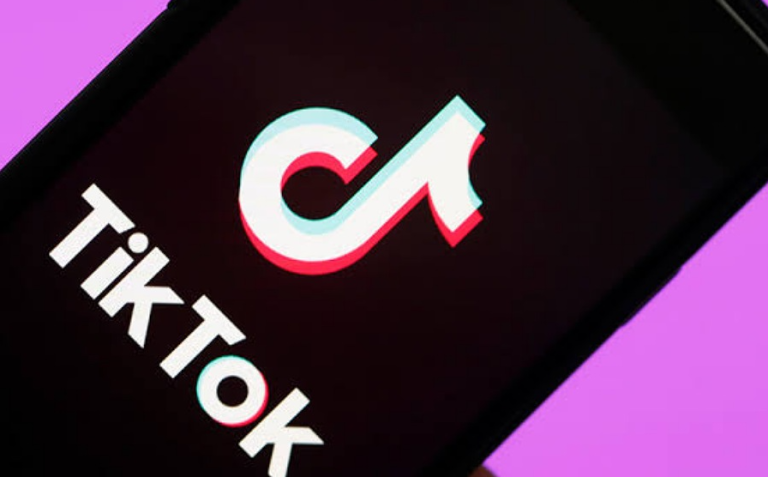ByteDance Ltd.’s TikTok has been accused by Universal Music Group NV (UMG) of employing unfair terms and intimidation tactics, as revealed in an open letter published on Tuesday.
In the ongoing negotiations to extend a licensing agreement for artists, UMG, representing renowned artists such as Taylor Swift, highlighted two major issues impeding the agreement with TikTok. Firstly, the letter identified the necessity for fair compensation for artists, and secondly, it emphasized the need for protections against the potential dilution of royalties due to AI-generated content.
- The existing licensing terms between UMG and TikTok are set to expire at the end of January, and the recent exchanges suggest a potential impasse in negotiations, potentially leading UMG to withdraw its artists’ content from the platform in the absence of a renewed agreement.
- TikTok, in response to the accusations, accused UMG of prioritizing greed over the interests of artists and songwriters. The Chinese-owned social media giant defended its position, stating that despite UMG’s allegations, they have been a valuable platform with over a billion users, offering free promotional and discovery opportunities for talent.
- “Despite Universal’s false narrative and rhetoric, the fact is they have chosen to walk away from the powerful support of a platform with well over a billion users that serves as a free promotional and discovery vehicle for their talent,” TikTok said in a response to the letter.
What we know
A significant point of contention in the negotiations is TikTok’s utilization of artificial intelligence tools, particularly with its Creative Assistant, to generate content. UMG views this approach as a substantial threat to artists’ rights.
In the open letter, UMG expressed concern over TikTok’s demand for a contractual right allowing AI-generated content to potentially dilute the royalty pool for human artists. UMG characterized this move as a form of “sponsoring artist replacement by AI.”
UMG further criticized TikTok’s revenue contribution, stating that it accounts for only 1% of UMG sales. Moreover, UMG asserted that TikTok’s renewal offer was less favorable than the previous deal, significantly below fair market value, and not reflective of the platform’s exponential growth.
As part of its negotiation tactics, UMG claimed that TikTok resorted to intimidation by removing the music of some lesser-known UMG artists from the platform while retaining high-profile stars. This strategic move was perceived by UMG as an attempt to exert pressure and gain leverage in the ongoing discussions.
The public exchange of accusations and the complex negotiations highlight the challenges in the intersection of technology platforms, entertainment, and the protection of artists’ rights. The outcome of these talks will likely have implications for the music industry’s engagement with emerging digital platforms.

